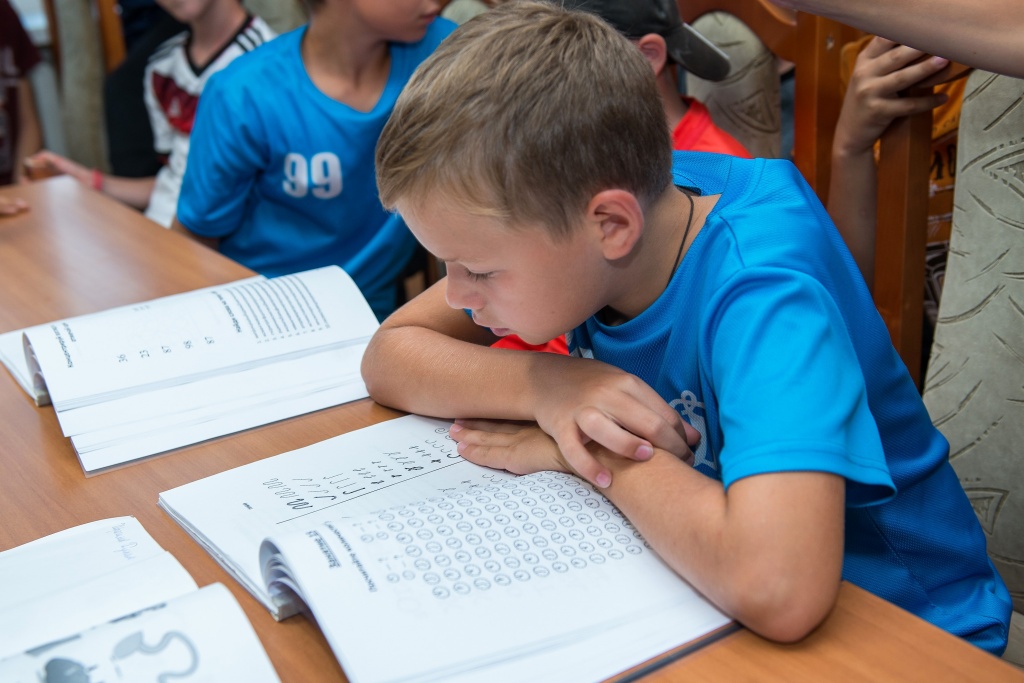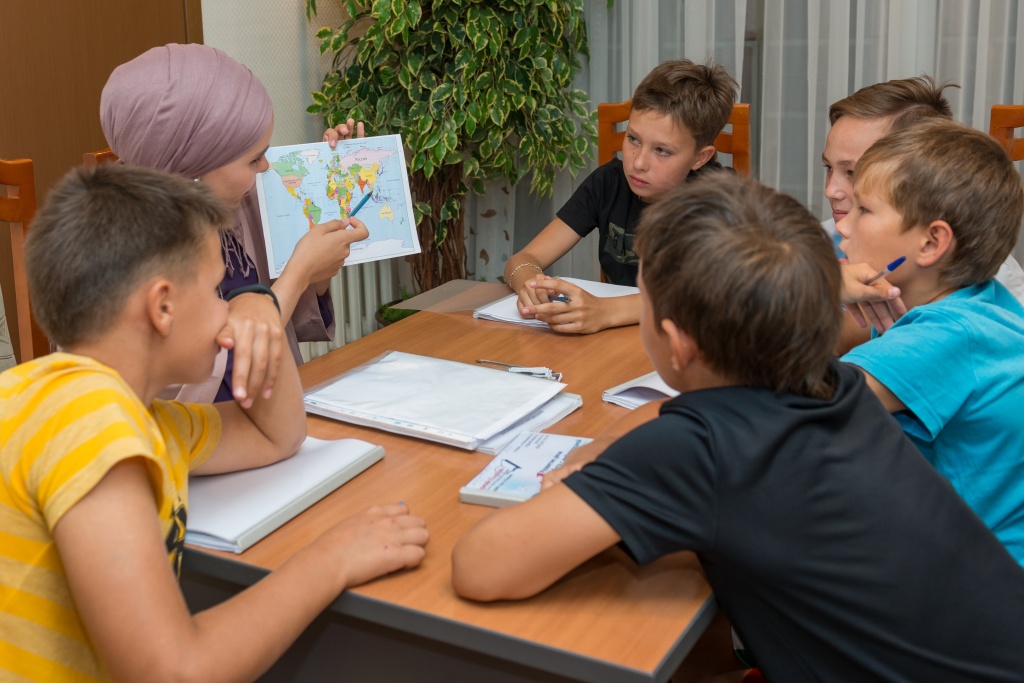About the Program of Development of Cognitive Abilities of the Academy Trainees

Aware of the importance of the development of trainees' intelligence in the training process for the professional hockey clubs of Tatarstan, the Academy included educational modules in the training program for young hockey players to improve their cognitive abilities.
Cognitive abilities allow a person to learn about the world, to perceive, process and memorize information, to learn and apply the acquired knowledge. Cognitive abilities include memory, attention and concentration, perception, action, decision-making, imagination, and logical thinking.
The development of these abilities is necessary for a hockey player not only during the game but also in his everyday life. We should not forget that in addition to the training material, a young hockey player has also a school program to learn. Moreover, in contrast to children not involved in sports, the students of the Academy have not much time left for school studies and homework.
In this regard, the course on the development of cognitive abilities includes the following modules:
-
Development of memory and attention. Within the framework of this module, teachers apply various techniques to train the ability to memorize quickly the necessary amounts of information: words, terms, poetic and prosaic texts. Also in the framework of this module, children learn to divide information into parts, to make mind maps - intelligence schemes structuring and visualizing information.
-
Development of reading technique and speed. The purpose of this module is to develop children's skills of fast, correct reading with increasing coefficient of understanding. Children learn to read quickly, meaningfully, highlighting the main idea.
- Speech development. The task of this module is to form the pupils' verbal intelligence. Sportsmen learn to retell the texts, express their own thoughts. Certainly, the development of these abilities has a very positive effect not only on the academic performance of the pupil, but also strengthens his leadership status, increases his authority in the eyes of peers and teammates.
The method of language teaching is based on the use of gaming technologies as well as visual aids and video material.
Games for general development have a positive effect on the growth of cognitive abilities of a sportsman. These games help pupils gain knowledge within the geographical-country studying unit, they get information about countries, their national traditions and culture, memorize flags of various States, learn how to orient a geographical map.
Another common cultural unit is the fundamentals of etiquette. Young hockey players in an interactive form get acquainted with the norms of behaviour and communication in a given situation, learn the rules of interaction with the elders, with the opposite sex, and with other people in general. For purposes of this unit, the Research and Methodology Centre of the Academy in summer, 2018 issued a special manual Etiquette for a Young Hockey Player.

The development of leadership skills is also an important element of a young sportsman training. With the help of educational games teachers of the Academy strive to develop skills of effective communication, the ability to understand a partner in conversation, the empathic ability.
Intensive training in the framework of these modules and units takes place during the summer training camps. The Academy organizes special two-hour classes followed by online-testing (to assess the knowledge acquired) in the remaining time during the season with a frequency of 2 times a month.




